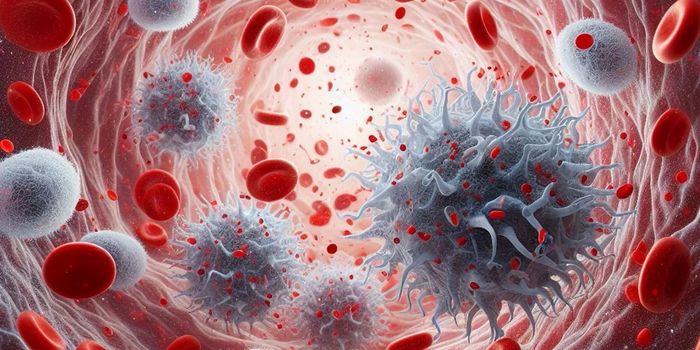A Novel Anti-Aging Process is Revealed
A new study reported in Current Biology has suggested that aging can be delayed through a process the researchers have called AMAR, for alcohol and aldehyde-dehydrogenase mediated anti-aging response. In a nematode worm model, scientists triggered AMAR by simply increasing the expression of a gene called ADH-1, which encodes for alcohol dehydrogenase. The study suggested that health span and lifespan could both be lengthened by AMAR because it reduces the levels of glycerol, which they contend is linked to aging.
Previous research into aging has suggested that longevity could be extended by boosting a process called autophagy, which degrades the dysfunctional or excess stuff in a cell. When researchers led by Eyleen Jorgelina O'Rourke, Ph.D., of the University of Virginia pursued this hypothesis, they were surprised to find novel insights into extending health and lifespan. "The discovery was unexpected," said O'Rourke.
In this study, the researchers used the C. elegans nematode worm, which has many genes in common with humans and is a common research model. When ADH-1 gene expression was boosted, the AMAR anti-aging response was promoted. Compared to untreated C. elegans, those with increased ADH-1 activity lived longer lives with less disease.
AMAR appears to reduce the impacts of aging through insulin-signaling deficiency, mTOR inhibition, and overexpression of HLH-30.
The researchers suggested that two chemicals, glycerol and glutaraldehyde naturally build up in organisms over time, possibly because more fat is stored during aging, and these byproducts of fat storage become toxic. The study said that AMAR could help prevent the toxicity that comes with long-term fat-storage, lengthen our healthspan, and help us maintain a healthy weight; that is, if these findings hold true in humans.
The scientists did look at how these enzymes were working in other organisms. The AMAR findings were confirmed in yeast cells. In humans, the levels of the anti-aging enzymes were higher in people who had undergone caloric restriction or fasting, which some research has suggested can extend healthspan and lifespan, as outlined in the video.
At this time, there does not appear to be a lot of supporting evidence for the AMAR theory in the scientific literature. Studies have shown that as people age, lipolysis increases, which would likely increase glycerol levels, but that research does not seem to have assessed glycerol levels directly. Some research has suggested but not confirmed that glycerol levels are higher in elderly obese mice models, and might also be elevated in elderly lean mice. But other studies have shown that glycerol levels are actually reduced in aged male mice.
The authors of this latest study are hopeful that this work will draw attention to AMAR, and that as the rate of aging-related disease increases, it may eventually lead to therapeutics that increase healthspan for everyone. Much more research will be needed to confirm this work in humans, however.
Sources: University of Virginia, Current Biology









